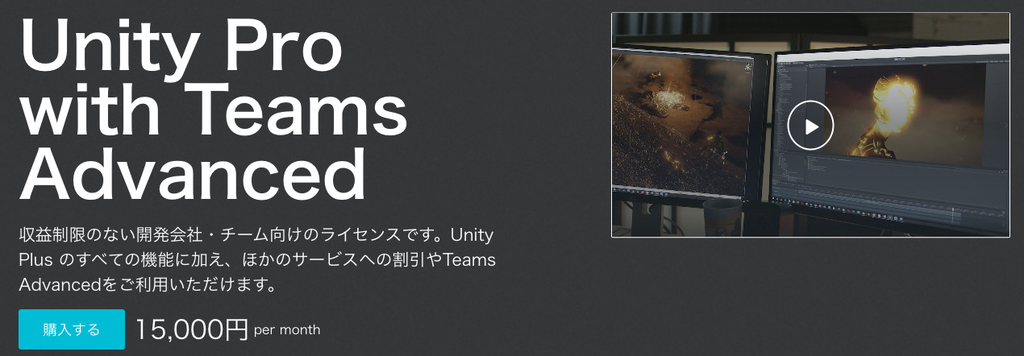
The World's Simplest Way to Dialog
A simple, easy-to-use, cross-platform, dialog API. This Unity Plugin is for Windows, Mac, and Linux. Standalone Only.
Includes Message Box with OK, OK/Cancel, Yes/No, Yes/No/Cancel, Retry/Cancel, Abort/Retry/Ignore, Input Box for strings and numbers, Password Box for strings and numbers, Open File, Multi-Select Files, Save File, Folder Browser, and Color Picker. The File Dialogs support Multiple Filters, each of which, may be selected from a drop-down menu.
The macOS bundle file is not code signed; please code sign it before testing and distributing for macOS. (Please note this "bundle" is just a dylib with the file extension renamed, I don't know if that makes any difference in the code signing or notarization process).
Online Documentation: http://dialogmodule.weebly.com/
Downloadable PDF (Offline Documentation): https://drive.google.com/file/d/18xXZZlvazihPC62imZO4CkZYH2dfxYwz/
GitHub: https://github.com/time-killer-games/DialogModule/
The asset you purchase from the store is an act of kindness to help support me as a developer. But it is free on GitHub. Here on the Unity Asset Store only 64-bit binary support is included. The GitHub link directly above contains source code, as well as binaries, build for 32-bit Windows and Linux, for users who want 32-bit support, on those two platforms in which 32-bit isn't completely obsolete (yet).
The Linux apps that use this extension need Zenity and/or KDialog installed. KDialog will be used by default on systems running the official KDE Window Manager, (KWin), in an effort to match the target Desktop Environment utilizing Qt as the primary toolkit. Otherwise, Zenity is used with GTK as the default toolkit.
Debian-based Linux distributions: sudo apt-get install zenity kdialog
RedHat-based Linux distributions: sudo yum install zenity kdialog
Arch-based Linux distributions: sudo pacman -S zenity kdialog
FreeBSD-based BSD distributions: sudo pkg ins zenity kdialog
Note: I haven't tested Unity games on FreeBSD so whether it will work is on there with the Linux compatibility layer is a complete unknown to me.
Very big thanks to Josh Ventura, for writing the widen() and shorten() scripts, enabling UTF-8 support on Windows.







